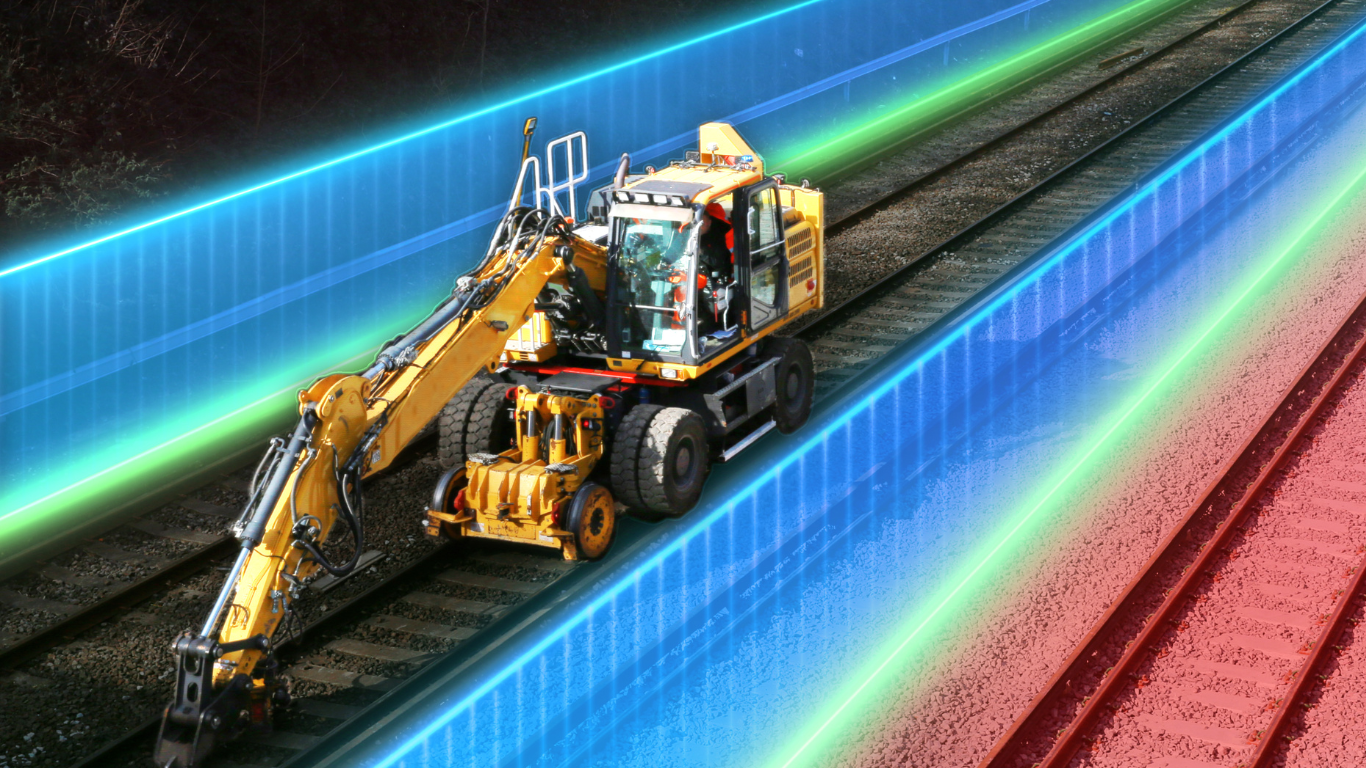AI in Construction
The construction industry presents unique challenges for data collection and processing with AI. AI tools typically require large amounts of data for machine learning, which is sourced from various points across the construction landscape. This data often includes information from machinery and equipment, provided in various formats with different protocols and payloads.
Construction sites frequently operate in remote locations and have rapid mobilisation requirements. Coupled with the lack of connectivity typical in office environments, these factors create a challenging landscape for data collection.
Networking for Data Collection
There is a notable shift in thinking among customers and contractors, who are now collaborating to establish shared networks based on 4G/5G technologies. These networks offer significantly broader coverage compared to Wi-Fi and greater flexibility for data transmission.
Additionally, there is a trend towards decentralising compute power by deploying smarter devices and equipment to the edge. This shift will unlock further opportunities for AI integration.
Perspectives of Different User Groups
When examining AI from the standpoint of different user groups in construction, various influences based on human behaviour emerge:
- Technology leaders within organisations often advocate for AI as a solution to many challenges, viewing it as essential for staying competitive.
- Field workers hold diverse views on AI; some do not perceive how AI could replace manual tasks and enable upskilling, while others fear that AI-driven automation could render their roles obsolete.
- Security teams express concerns about the potential risks associated with insecure or unvetted AI tools gaining access to valuable intellectual property or sensitive business data.
These perspectives often compete with one another, requiring companies to strike a balance in their approach to AI implementation. Ethical dilemmas arise, necessitating careful consideration of AI governance
Data Governance and Security Challenges with AI
Data Governance involves ensuring that companies avoid the “garbage in, garbage out” dilemma by managing data effectively to ensure its fitness for purpose before utilisation.
Data Security concerns whether AI operates in isolation and who determines the access levels granted to AI tools. In this fast-evolving landscape, initial versions of AI tools may offer limited control to data owners, raising privacy and security issues.
Lack of Visibility is a significant challenge with AI solutions, as the AI engine relies on past data to make decisions. Trust in AI decision-making is crucial, but questions arise regarding biases and the ability for humans to intervene to ensure fairness and ethical decision-making.
Incident Management strategies must be robust to address potential errors made by AI tools. Companies need to anticipate the impact of such errors on their reputation and compliance with regulations.
AI Skills and Expertise
As AI becomes integral to operations, companies require personnel with AI skills, such as prompt engineering and AI response validation. Additionally, individuals capable of making responsible decisions and taking a hands-on approach to AI implementation are essential.
In summary, AI presents both opportunities and challenges in construction. Overreliance or overexposure to AI can have serious implications for businesses. Successful adoption requires testing, learning, and cautious implementation, along with appropriate safeguarding measures.






